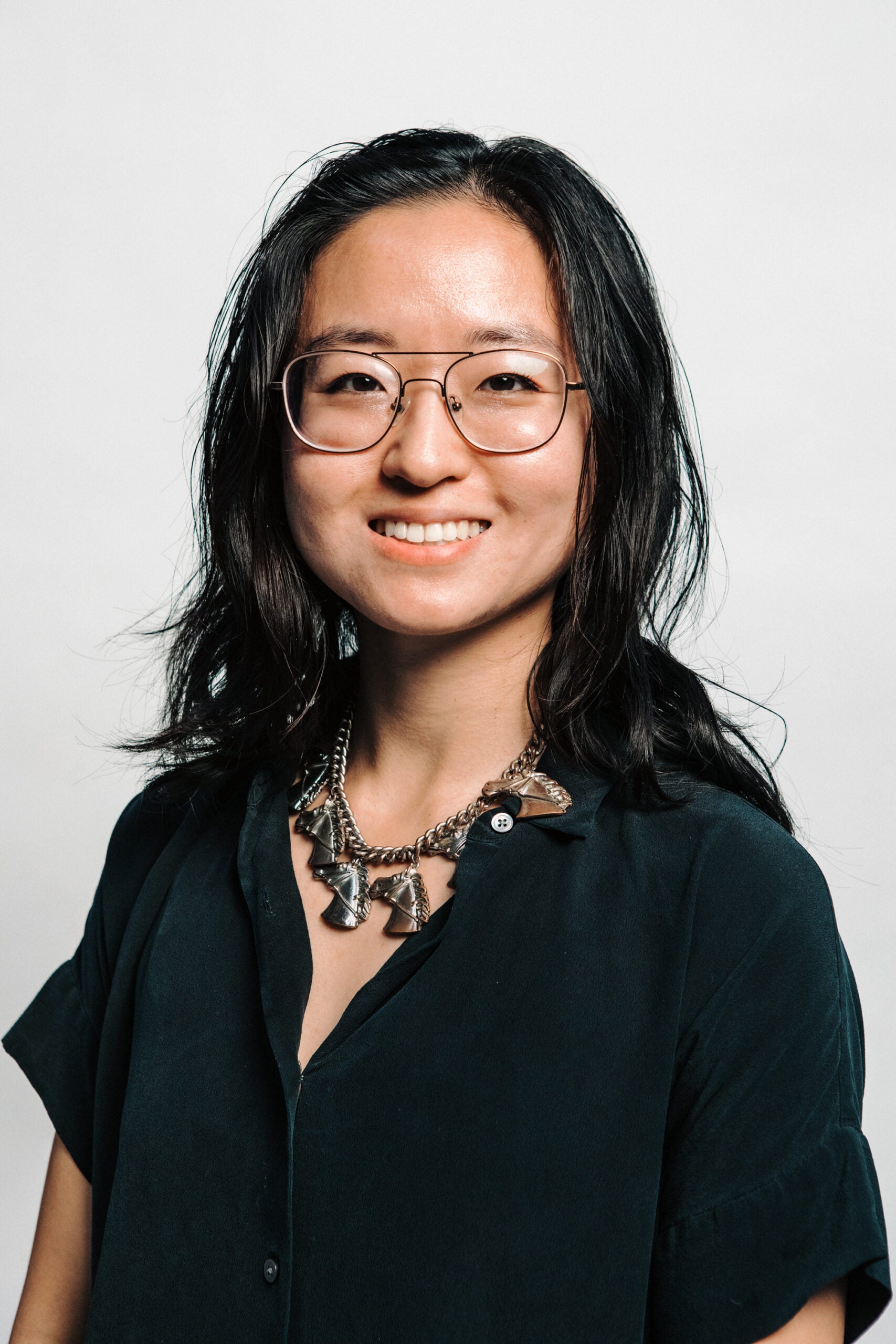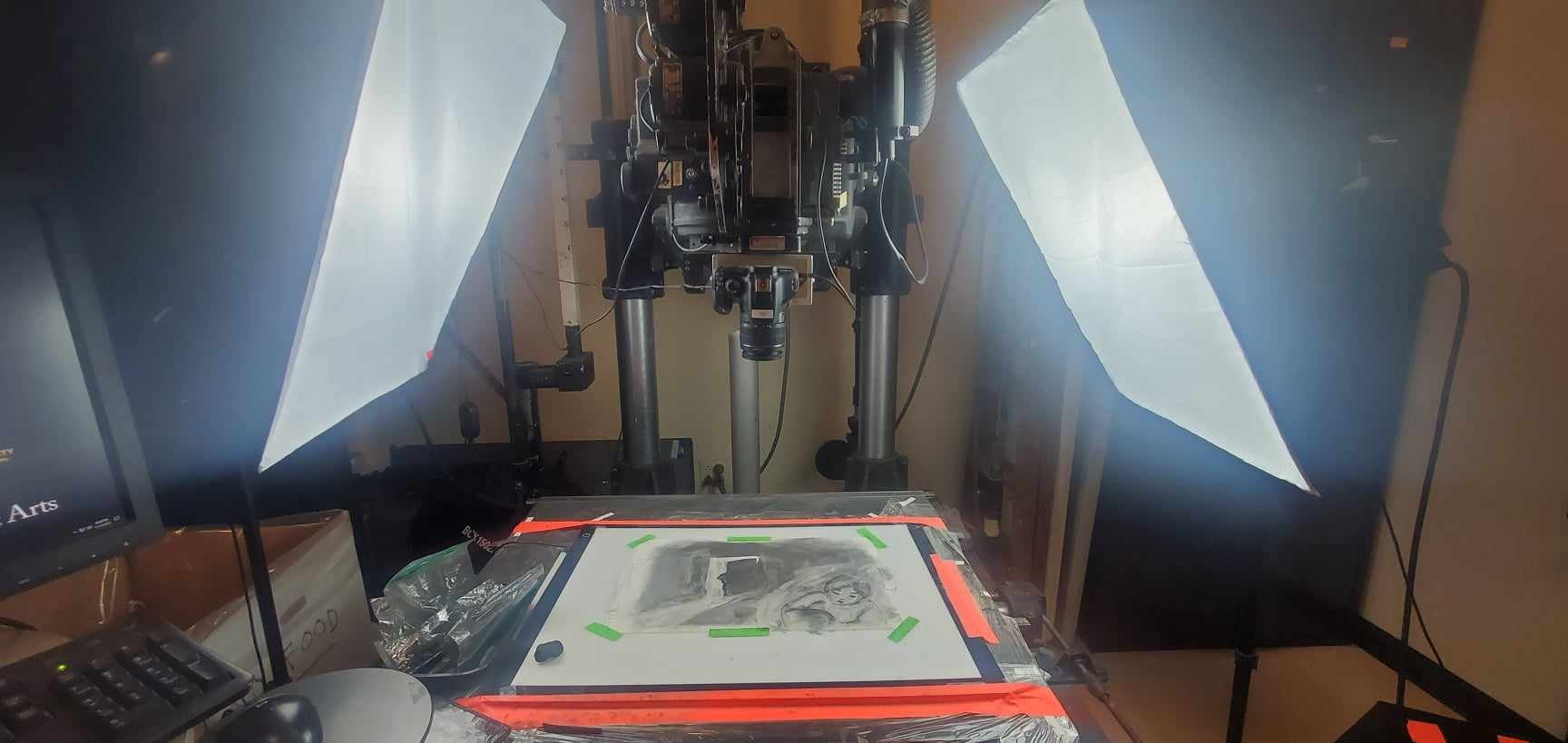“Life Drawing”: Animating a Short Film
About Nanjing Massacre Testimonies
March 26, 2024 at 12:30 PM Pacific Time
Taper Hall, Room 309K
(Join us in person or online on Zoom)
A public lecture by Faye Yan Zhang (PhD student in the Media Arts and Practice program, USC School of Cinematic Arts)
2023 Beth and Arthur Lev Student Research Fellow
Organized by the USC Dornsife Center for Advanced Genocide Research
“‘Life Drawing’ from Nanjing Massacre Testimonies: An Animation and Anthropology Practice” is an (in progress) animated short film. Its source material is the USC Shoah Foundation’s collection of testimonies and full life histories from survivors of the 1937 Nanjing Massacre, which Zhang explored in Summer 2023 as a Beth and Arthur Lev Research Fellow.
In this presentation, Zhang will describe her filmmaking process, which combines animation practice and research methods drawn from the anthropology field. Overall, Zhang’s work argues for drawing as a “way of understanding.” As John Berger writes, drawing is “an autobiographical record of one’s discovery of an event, seen, remembered, or imagined.” Each mark made on the paper brings the artist “closer to the object, until finally you are, as it were, inside it: the contours you have drawn no longer marking the edge of what you have seen, but the edge of what you have become.” In contrast to the relative ease of making images through photography, film, or artificial intelligence, the physical act of drawing demands bodily, mental, and even spiritual participation in what one is recording.
As an anthropological method, animation traces gestures and processes that may not be re-experienced or re-encountered. Because animation is the art of transcribing movement from frame to frame—of life over time—it can bring experience “back to life,” as illustrated powerfully by animated documentaries such as Obon (2018), based on the testimony of one of the last remaining survivors of the atomic bombing of Hiroshima, and Aurora’s Sunrise (2023), a film about a survivor of the Armenian genocide. Although survivors of the Nanjing Massacre testify to experiences now past, animation can help recall and redraw the motions and gestures of their testimonies and impart the lessons of memory to present-day consciousness.
 Faye Yan Zhang is a visual artist and ethnographic filmmaker. Working in video, comics, and animation, her works often circumnavigate themes that arise from and intersect with China’s turbulent periods of social reform, from the founding of the People’s Republic of China in 1949 to the country’s present day COVID-19 policies.
Faye Yan Zhang is a visual artist and ethnographic filmmaker. Working in video, comics, and animation, her works often circumnavigate themes that arise from and intersect with China’s turbulent periods of social reform, from the founding of the People’s Republic of China in 1949 to the country’s present day COVID-19 policies.
Faye previously earned a degree in Chinese Law and Society at Peking University as a Yenching Scholar (2019-2021). She trained in filmmaking and anthropological research methods at the Granada Center for Visual Anthropology in Manchester, U.K (2018-2019) whilst funded by a Fulbright Student Scholarship. Before that, she worked in Washington, D.C. at two museums: Smithsonian Folkways Recording, the nonprofit record label of the Smithsonian Institution, and the Dumbarton Oaks Research Library and Collection. Her undergraduate degree was completed at Harvard University. Read more about her here.
Discover more about the Center’s events here
Sign up for the Center’s newsletter to be notified about upcoming events
Visit the Center’s YouTube channel to explore our video library of events (and subscribe!)
